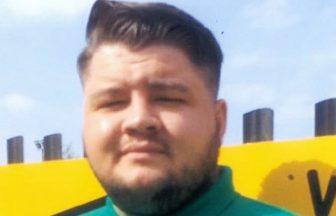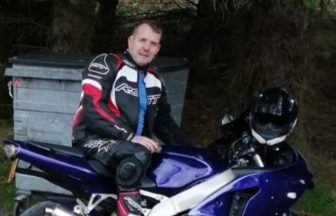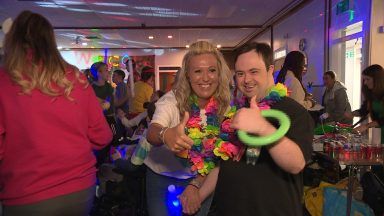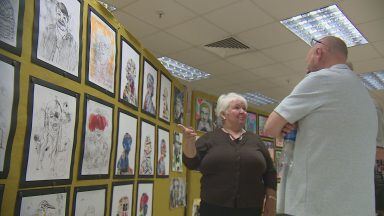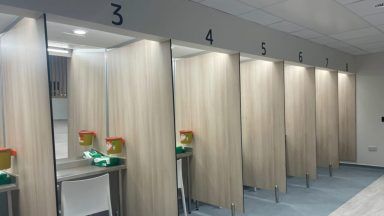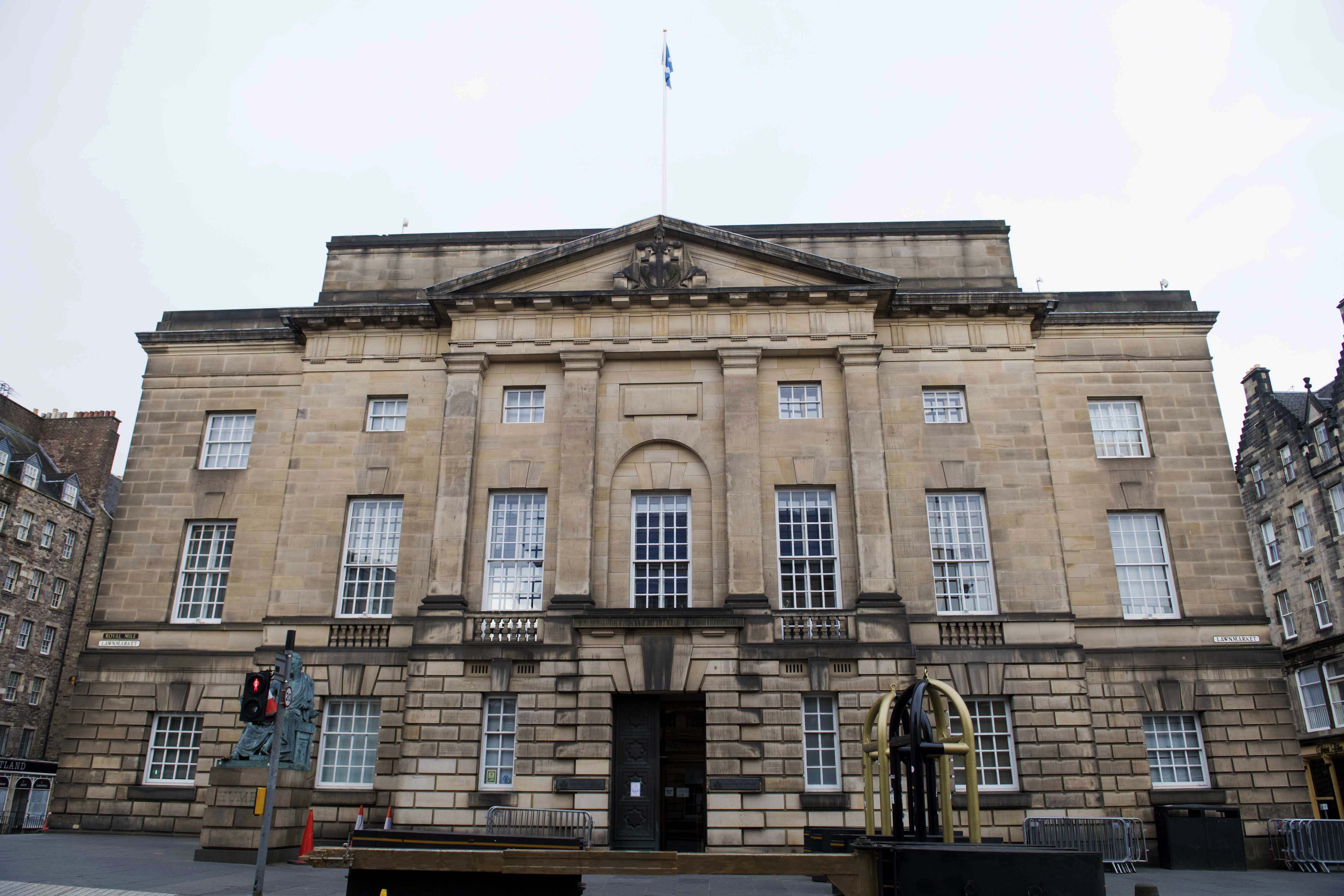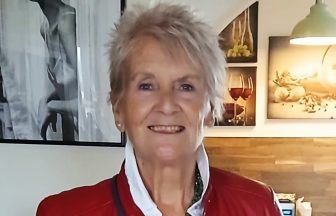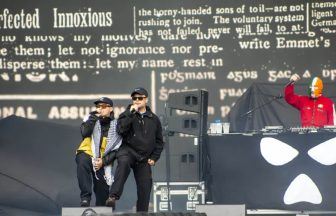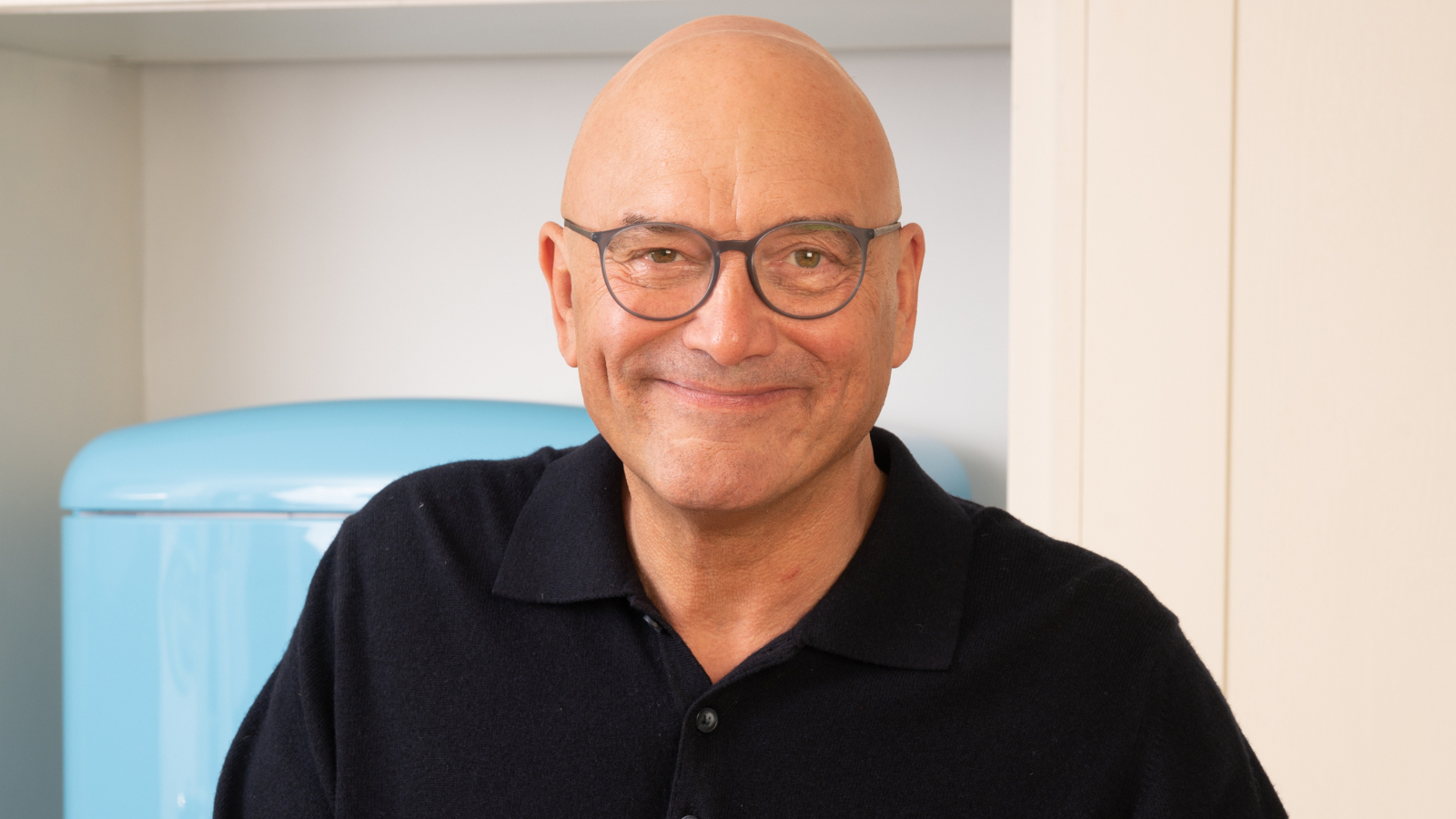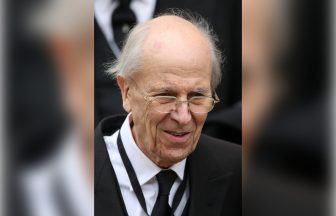When Gillian Machaffie’s mother-in-law was diagnosed with dementia she sought to bring some light to her darker days – with silent disco.
Now, she travels to hospitals and care homes across Glasgow armed with headphones, dressing up props and a light show fit for any Saturday night party.
Each resident is given a headset which plays out big hits from a bygone era.
‘When you’re immersed in the music and they remember a song, they come back to life.’
Gillian Machaffie
Ms Machaffie, who set up her silent disco company Ya Dancer in 2017, runs sessions in hospitals and social care settings across the city.
The 52-year-old said: “It’s like going on holiday from the illness that you have, where you’re frustrated and you can’t think straight and it’s a struggle to remember things.
“But when you’re immersed in the music and they remember a song, they come back to life.”
Playlists can be customised for each person to bring back memories from a special time in their life.
One visitor to Birdstone day care centre, Mary, lost her husband two years ago.
She said the music helps bring her back to him: “We always had music about the house and I miss that.
“When I’m here and I put my headphones on, I’m listening to him.”
Music and memory are intrinsically intertwined. Research by Age UK found it calms people living with dementia and can dramatically improve mood.
It said: “The power of music, especially singing, to unlock memories and kickstart the grey matter is an increasingly key feature of dementia care.
“It seems to reach parts of the damaged brain in ways other forms of communication cannot.”
Follow STV News on WhatsApp
Scan the QR code on your mobile device for all the latest news from around the country



